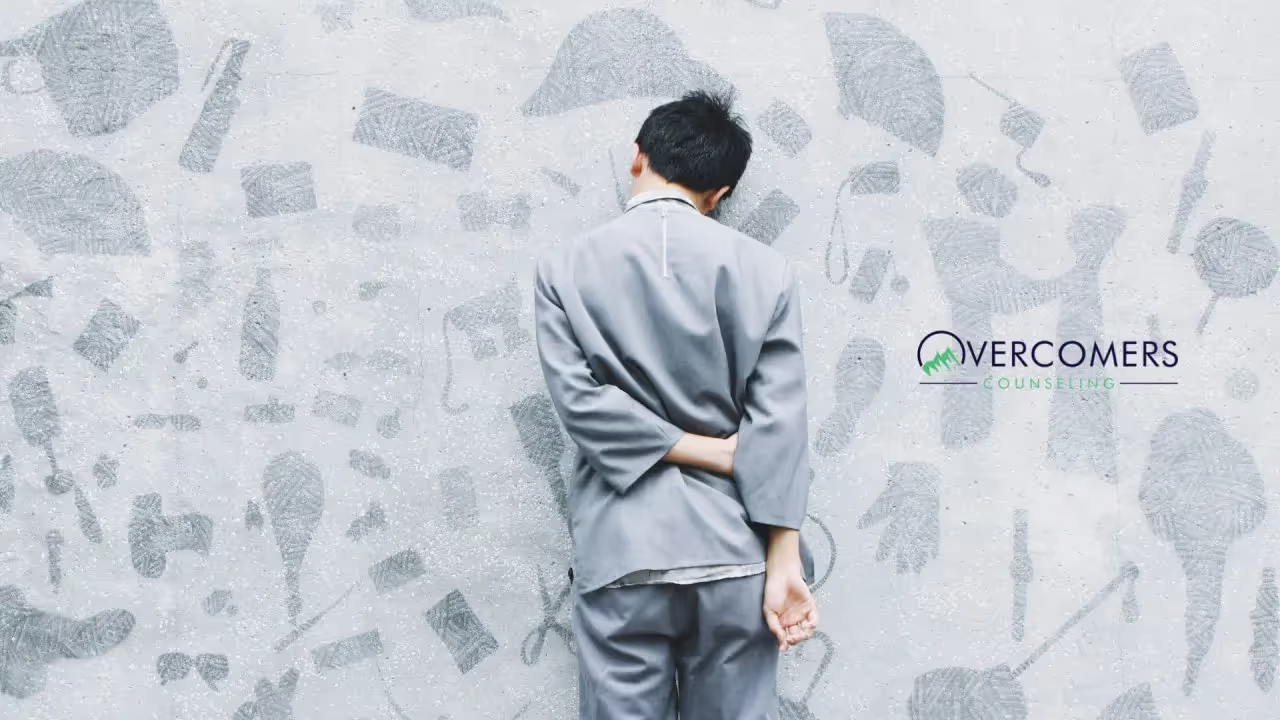Addiction is a complex and chronic disease characterized by compulsive substance use despite harmful consequences. It affects the brain's reward system,...

Addiction is a complex and chronic disease characterized by compulsive substance use despite harmful consequences. It affects the brain's reward system, leading to repeated cycles of intense cravings and withdrawal symptoms. One of the most challenging aspects of addiction is relapse, or the return to substance use after a period of abstinence.
Paradoxically, individuals in recovery often relapse during periods when life seems to be improving. This seemingly counterintuitive phenomenon can be attributed to various factors, such as decreased vigilance, a false sense of security, or the inability to cope with new stressors associated with a better quality of life. Understanding this paradox is crucial to developing effective strategies for long-term recovery.
A. Defining what "good times" mean for an addict.
"Good times" for a recovering addict can mean different things depending on the individual's perspective and personal journey. Generally, it refers to periods of stability, prosperity, and happiness. It could be landing a dream job, entering into a new relationship, or celebrating a sobriety milestone.
While these are universally seen as positive events, for a person in recovery, they can paradoxically become triggers for relapse.
B. How positive life changes can trigger relapse.
Positive life changes, while generally beneficial, can unexpectedly lead to a relapse into addiction. Here's how:
Consider an individual who has recently been promoted at work. This is typically a cause for celebration. However, for a person in recovery, this could bring about increased responsibility and stress, triggering a relapse.
Alternatively, someone celebrating a year of sobriety might be tempted to have "just one drink" to mark the occasion, underestimating the risk of returning to old patterns.
A. The Role of Stress, Even Positive Stress (Eustress).
Stress, regardless of its nature, can be a significant trigger for relapse. While we often associate stress with negative events or situations, even positive stress, known as eustress, can be a trigger. Eustress arises from situations that are usually deemed positive, such as getting a new job, moving to a new house, or starting a relationship. These situations, while exciting and joyful, can also bring about change, uncertainty, and pressure, which can be stressful. For those in recovery, this stress can trigger old coping mechanisms, such as reaching for substances to alleviate the tension.
B. The Phenomenon of "Feeling Normal" and Its Dangers
Feeling "normal" or feeling like you've conquered your addiction can be a dangerous mindset in recovery. Over time, as individuals adjust to a life without substance use, they may start to feel like they don't need the support systems or coping mechanisms that have helped them stay sober. This sense of normalcy can lead to complacency, where the individual may underestimate the power of their addiction, leading to potential relapse.
C. Self-Sabotage and Fear of Success
Fear of success and self-sabotage can also play a significant role in relapse. As individuals make progress in their recovery, they may start to fear the expectations and responsibilities that come with success. This fear can lead them to sabotage their efforts, pushing them back toward substance use.

A. The Role of the Brain's Reward System in Relapse.
Addiction is closely linked to the brain's reward system. When a person uses a substance, the brain releases dopamine, a chemical that creates feelings of pleasure and satisfaction. Over time, the brain associates the substance with these pleasurable feelings, creating a strong desire to use the substance again. Even after a person stops using the substance, cues associated with its use – such as being in a certain place or seeing a particular person – can trigger the brain's reward system, driving cravings and potentially leading to relapse.
B. How Physical Health Can Impact Recovery.
Physical health plays a crucial role in recovery. Poor physical health can make the recovery process more challenging and increase the risk of relapse. For example, chronic pain can lead to the use of prescription painkillers, which can be addictive. Additionally, a lack of sleep or poor nutrition can weaken the body's resistance to cravings.
C. The Effects of Other Substances or Medications on Relapse Risk.
The use of other substances or medications can also increase the risk of relapse. For instance, a person recovering from alcohol addiction might start using marijuana, thinking it's less harmful. However, this can lead to cross-addiction, where the person becomes dependent on a new substance. Similarly, certain medications, especially those with psychoactive effects, can trigger cravings for the substance one is trying to avoid
Both psychological and physiological factors play crucial roles in the risk of relapse during recovery from addiction. Stress, whether negative or positive, the deceptive sense of "normalcy," fear of success, the brain's reward system, physical health conditions, and the use of other substances or medications can all potentially trigger relapse. However, with continued therapy and support, effective coping mechanisms, and a commitment to long-term recovery strategies, maintaining sobriety is achievable.
If you're struggling with addiction, remember that it's okay to ask for help and lean on your support systems.
Alcoholism refers to a disease that is characterized by a strong craving for alcohol and an inability to control one's drinking.
Alcohol abuse is a pattern of drinking that leads to problems in one's personal, professional, or social life.
Treatment for alcohol abuse often includes counseling, support groups, and medication. With the right help, your spouse can recover from alcoholism and go on to lead a healthy and happy life.
Yes, alcohol abuse is a treatable condition. However, it often requires professional treatment to overcome. With the right support, though, anyone can overcome alcohol abuse and regain control of their life. It's important to reach out for help if you or someone you know is struggling. With the right treatment, anyone can overcome alcohol abuse and regain control of their life.
If you think you might be struggling with alcohol abuse, the first step is to talk to your doctor. Your doctor can help you assess your drinking habits and recommend treatment options. There are also many different types of treatment programs available for alcohol abuse, so you can find one that fits your needs and circumstances. Additionally, support groups can be a valuable resource for anyone struggling with alcohol abuse. These groups provide a safe space to share your experiences and connect with others who are facing similar challenges.
The best way to help an addict without enabling them is by setting boundaries and getting help for yourself. It is important to remember that you cannot control the addict's behavior, but you can offer support and understanding. With time and patience, you can help your loved one recover from addiction.